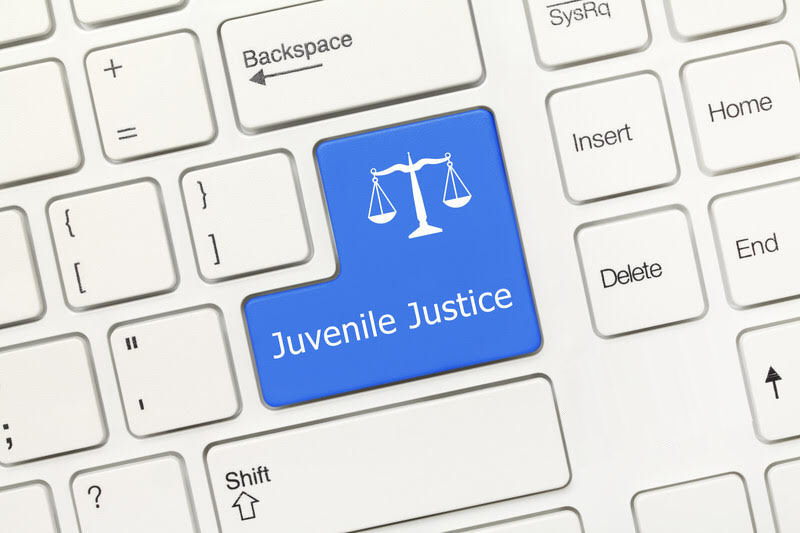
This article will be helpful to families who have been served with legal papers summoning them to Denton County Juvenile Court. Your child has been accused of violating the law and the allegation has to go through the Denton County Juvenile Justice System. Amongst the legal papers that were served on you is a questionnaire with spaces for you to write in the answers. Before you start pouring your heart out: Remember that you and your child are in the justice system which is, at its core, adversarial.
Parental Statements
You absolutely should complete the “Parental Statement” that arrived with your copies of the Petition. Texas Law requires the Juvenile Probation Department to complete a Social History document in all filed juvenile cases. The Parental Statement is designed to gather information to be added to the Social History document. There will also be a meeting scheduled in the near future for you to meet with the juvenile probation officer that is completing the Social History. The Probation Department will contact you to set up that meeting.
The Parental Statement is an opportunity to say good things about your child. So far, the system only has heard bad things. Some questions will inquire into specific problems with your child. Probation will also be inquiring to learn if your child has issues that you would like help addressing. You can share this information with probation and they will make those things a priority on probation. Many parents find the State to be heavy handed when it comes to these things. Longer and more burdensome probations can be the result of the government’s desire to “help.” The government’s ability to really help a child and family they do not know is often called into question. This can be even more of a concern when issues of mental health are involved. You can decide that, while your child has a few things to work on, you would prefer to address such things privately yourself. In that case, keep the Parental Statement and the Interview answers very positive.
The meeting is very different. Probation can interview your child outside of your presence. Many of their questions violate Children’s’ 5th Amendment Right. For example, the Juvenile Probation Department will be asking about the following things: violations of school rules and punishments, violations of law and punishments, drug and alcohol use, running away from home, aggressive behavior, anti-social behavior and aggressive and/or anti-social friends. Having a juvenile level of decision-making is part of being a juvenile. However, if these questions are answered and reveal additional bad actions, the result is inevitably disqualification from first offender programs and formal probations that are longer and more burdensome than the law anticipates.
Have You Been Contacted By A Probation Officer?
When you are contacted by a probation officer from the Denton County Juvenile Probation Department about an interview, hire your child a lawyer. The Texas Juvenile Justice Code requires that children charged with an offense in the Juvenile Court must have a lawyer to represent them. If you have the means for this unexpected expense, you can hire a private lawyer of your choosing. The Peugh Law Firm is very experienced in Juvenile Law and the Denton County Juvenile System. Dan Peugh is a Former Juvenile Chief Prosecutor for the Denton County Criminal District Attorney’s Office and has been defending juveniles for over 20 years since leaving the District Attorney. If you cannot afford a private lawyer, politely inform the probation officer that you will be delaying any interview of your child until the child has been appointed a lawyer. The intervention of a lawyer is crucial at this time because imprudent answers given to a probation officer will reach the prosecutors and the Judge. You have rights, exercise them.
I go over the problematic questions with my clients and their families. We work out together which questions we will answer and which ones we will politely decline to answer based on the Fifth Amendment. It is the practice of the district attorney to use these answers against the children and, as mentioned above, the results are denied opportunities for first offender programs and more burdensome punishments than anticipated.
It is possible that these same questions could be asked of parents. When a family receives charges and a summons from the Juvenile Court, the child and all known guardians are individually served with the charges. The guardians (usually parents) are served because in Juvenile Court they are also parties to the juvenile case. As parties to the legal action, guardians also have Fifth Amendment Rights. The parents will not want to answer the incriminating questions directed at the child because it can lead to liability for the parents. Some examples are reporting runaways to probation, drug use and missed school. These offenses can subject parents to investigations for Negiligent Injury to a Child, Thwarting Compulsory School Attendance, Contributing to the Delinquency of a Minor, and Abandoning or Endangering a Child, just to name a few possibilities. Child Protective Services can be called in to conduct a civil investigation which can result in civil interventions. It is best to avoid these possibilities altogether.
Navigating the Juvenile Justice System can and often is difficult and frustrating. The best way to survive and thrive during your time in the System is to know your rights, have the assistance of an experienced attorney, and confidently assert your rights when the time comes.
YOU CAN REACH THE PEUGH LAW FIRM AND ATTORNEY DANIEL PEUGH AT 940-566-0271 AND INFO@PEUGHLAWFIRM.COM





